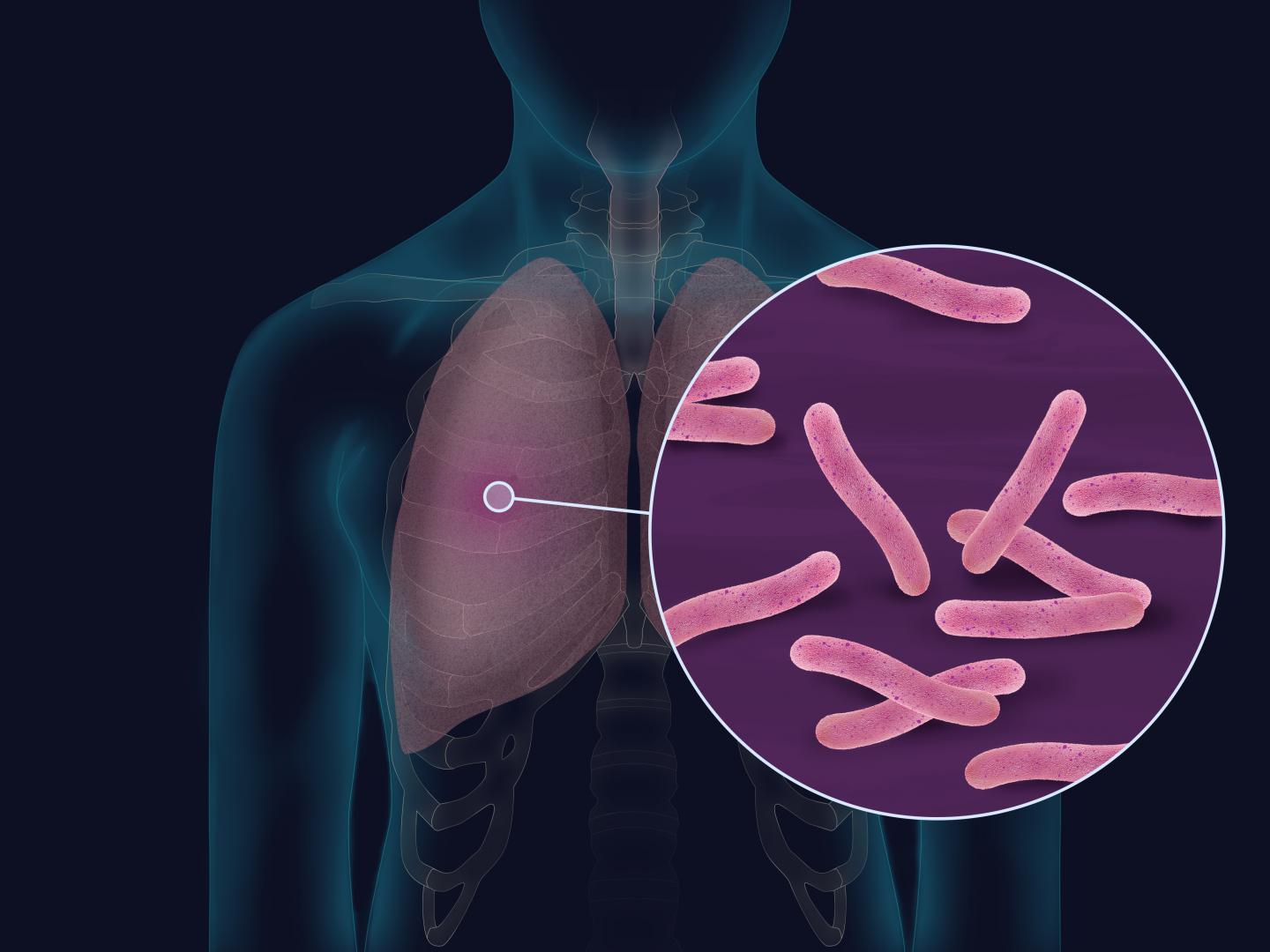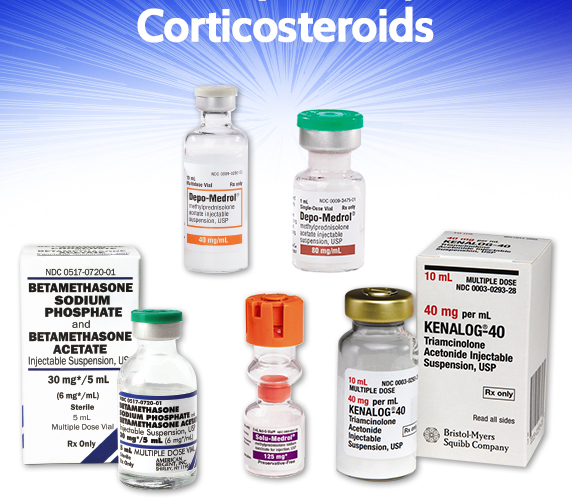Build A Tips About How To Treat Respiratory Infections

In some cases, though, lung infections can be.
How to treat respiratory infections. In patients with comorbidities, the recommendation is. Most lung infections are treatable with antibiotics or antivirals, and mild infections often resolve on their own. Drinking plenty of fluids, such as water and herbal tea, can help relieve congestion and prevent dehydration.
Pneumoniae resistance to macrolide is less than 25%. Gargling with salt water can help. Most causes of an acute respiratory infection aren’t treatable.
How can i prevent upper respiratory infections? Things to do when you have an rsv infection include: Antibiotics are rarely needed to treat upper respiratory infections and.
Sneeze and cough into your arm or a. Amoxicillin for upper respiratory infections cold & flu treatment antibiotics for upper respiratory infections by jennifer welsh updated on december. Contact with other infected people.
Treatment recovery time prevention complications outlook lower respiratory tract infections are any infections in the lungs or below the voice box. Causes of respiratory infections. Water helps thin mucus, preventing it from sticking.
It’s important to get enough rest while you are recovering from an rsv infection. Respiratory tract infections (rtis) can affect the sinuses, throat, airways or lungs. Macrolide monotherapy is an option only when s.
You can also buy cough medicines. Learn about uri causes, treatment, and prevention. You may get repeated infections because of various factors in your environment and lifestyle, such as:
A pharmacist can help with an rti a pharmacist can suggest treatments to help relieve your symptoms, such as decongestants and nasal sprays. One good home remedy for an upper respiratory infection is advice you hear all the time: Most rtis get better without treatment, but sometimes you may need to see your gp.
An acute upper respiratory infection (uri) is a contagious infection of the upper respiratory tract. Nasal congestion, runny nose, fever, scratchy or sore throat, and nasal breathing. Therefore, prevention is the best method to ward off harmful respiratory infections.




:max_bytes(150000):strip_icc()/upper-respiratory-infection-overview-4582263-5c7016c2c9e77c000149e4ae.png)









![12 Home Remedies for Upper Respiratory Infections [Infographic]](https://homeremedybook.com/wp-content/uploads/2018/08/upper-respiratory-infections-remedies.jpg)
![7 Herbs For Respiratory Infection Natural Treatment [2021]](https://foodnurish.b-cdn.net/wp-content/uploads/2021/01/Herbs-For-Respiratory-Infection-Natural-Treatment.jpg)


